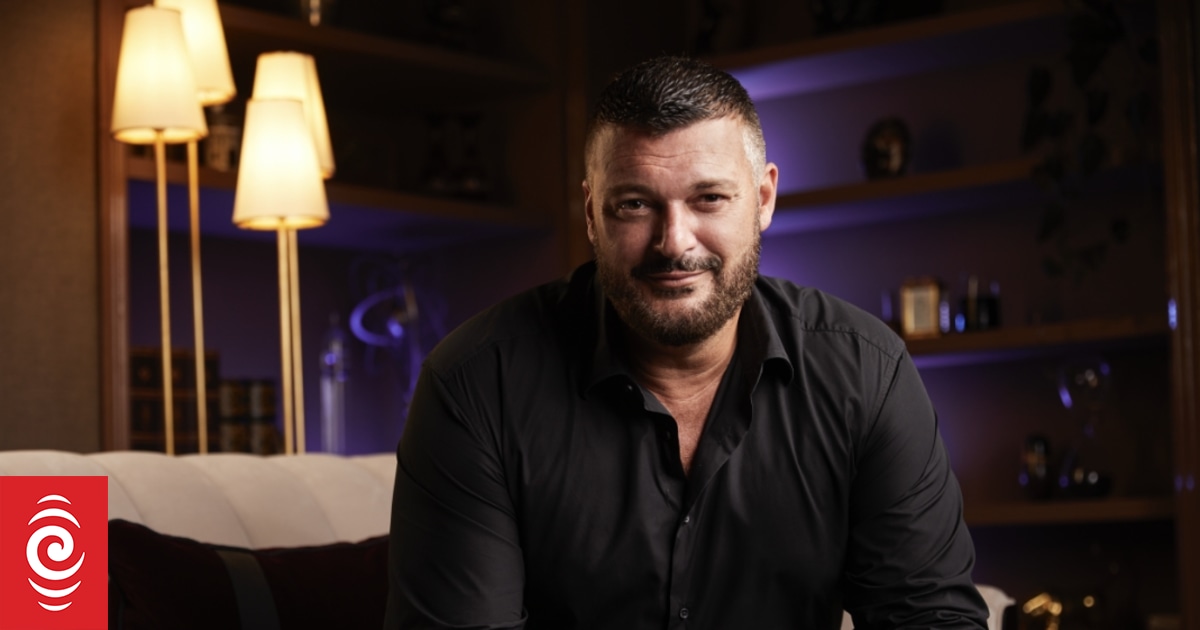
Director of Du Val, Kenyon Clarke.
Photo: kenyonclarke.com
The convoluted drama playing out for Auckland property developer Du Val has ensnared small-scale investors and subbies alike
The fascination with Auckland property developer Du Val’s collapse has commanded headlines for weeks on end, in part because of the enormous scale of the debt it’s said to owe – $250 million – and in part because of the ostentatious show of wealth that Du Val’s founders, Kenyon and Charlotte Clarke, flaunted.
On Kenyon’s website, one of the few of his public platforms that hasn’t been taken down, a video of him driving a Ferrari and standing next to a private jet with his wife plays on loop underneath a tag line: “building a billion dollar empire.”
But the billion dollar empire was a carefully-crafted illusion, and the investment schemes offered to clients were deeply flawed at best. Now the Clarkes’ house has been raided by the Financial Markets Authority and the police, the government has placed the company in statutory management – a move that hasn’t been used in more than a decade. Consulting firm PWC is combing through records to determine just how bad things really are.
“There’s so many different groups of people who’ve been affected here. There’s the investors; there’s the subcontractors – there’s a lot of tradespeople who are out of pocket over this; there’s the homeowners who are wondering whether they’re ever going to get their house, and it’s just kind of shaken the faith, I think,” says Maria Slade, property editor at Business Desk.
“We’re going through a property downturn and yes, we are seeing constructions companies fail, but this thing has failed for reasons way beyond the economic cycle. And if you speak to some of the credit bureaus they will tell you Du Val was on stop credit months and months and months ago, people knew that they weren’t paying their bills, so this has been a long time in the making.”
In today’s episode of The Detail, Slade explains the complicated situation at Du Val, exactly how much the Financial Markets Authority can do about it, and the regulatory loophole that she believes means we’ll see more stories like this in the future.
For now, PWC has taken over statutory management of Du Val, and Slade says the first step “is try and recover as much as they can for investors, and secured creditors and unsecured creditors.”
The first in that queue are employees, the IRD, banks and other lenders. Then, if there’s anything left, come the investors.
“The investors are kind of at the bottom of the heap unfortunately,” she says.
“Investors are unfortunately in the position of sitting and waiting. We have to wait for the statutory management process to play out and it could take quite a while.
“We could be in for a several years process.
“The investors are not taking it lying down, there’s one group of them in particular who’ve been very vocal. They have written to commerce minister Andrew Bayly providing a report saying they think it should be out of statutory management and we understand they’re considering legal action.”
The second phase of the statutory management process will be the investigation of potential crimes.
“Once they’ve figured out the accounts and who gets paid what, that will be the next thing, to look at whether laws were broken, and the way the money flowed about and in the way the investors were sort of drawn into this as well.
“We don’t yet know exactly what kind of action the regulators might try and take over it, but at first blush you’d have to say there’d be pretty serious concerns that laws were broken.”
Check out how to listen to and follow The Detail here.
You can also stay up to date by liking us on Facebook or following us on Twitter.

